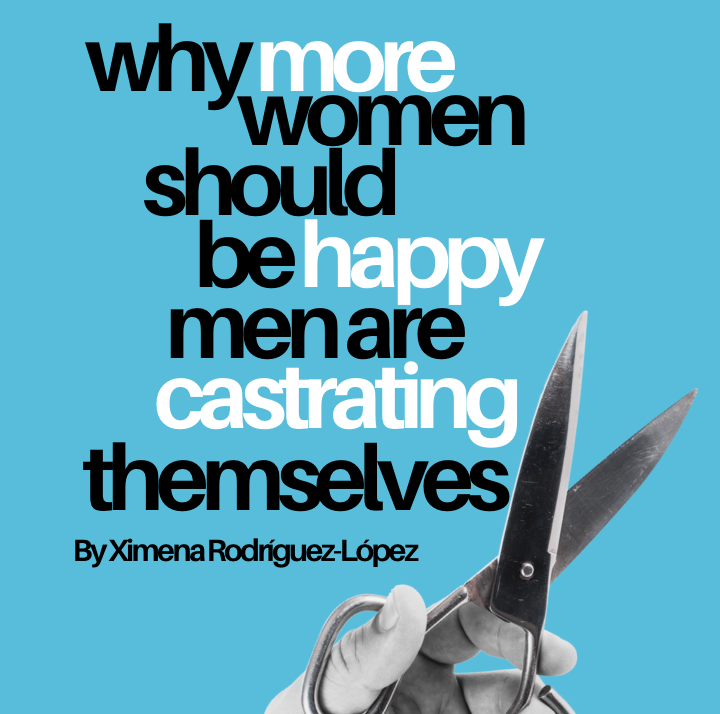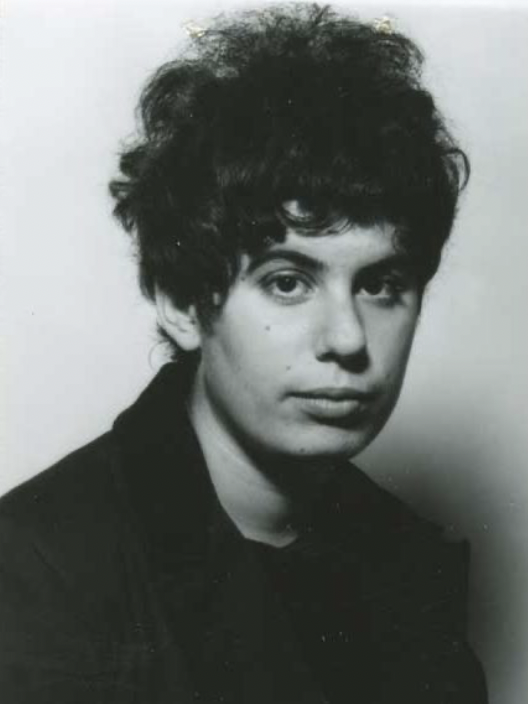Womens Health In Sierra Leone
In Sierra Leone, the Fight Over Abortion Laws Puts Women’s Health at Risk
By Shanice Fils-Aime
Freetown, Sierra Leone — The government of Sierra Leone is currently considering a legislative proposal that would decriminalize abortion, a move that has drawn sharp divisions between human rights advocates and religious institutions. The proposed Safe Motherhood and Reproductive Health Act aims to replace a 19th-century law dating back to British colonial rule, which currently criminalizes abortion except when the life of the mother is at risk.
At present, abortion in Sierra Leone is governed by the Offences Against the Person Act of 1861. Under this law, women and healthcare providers who terminate a pregnancy outside of the narrow legal exception face up to 14 years in prison. In practice, enforcement is inconsistent, but the law has led to widespread stigma, fear of prosecution, and high rates of unsafe, unregulated abortion procedures.
According to the Ministry of Health and Sanitation, unsafe abortions contribute to approximately 10% of maternal deaths in Sierra Leone, a country that already ranks among the most dangerous places in the world to be pregnant. The maternal mortality rate in Sierra Leone was 717 deaths per 100,000 live births in 2019, according to the World Health Organization. This rate is one of the highest globally, more than 100 times higher than that of high-income countries such as Sweden or the United Kingdom.
Sierra Leone also faces a persistent crisis of adolescent pregnancy. Data from the United Nations Population Fund (UNFPA) indicates that 28% of girls aged 15–19 in Sierra Leone have already begun childbearing. The World Bank places the teenage birth rate at 102 births per 1,000 girls aged 15–19, one of the highest in the world. Contributing factors include poverty, child marriage, limited access to contraception, and low levels of education, especially in rural areas.
Compounding this, many of the country’s public health facilities are under-resourced, with shortages of trained medical staff and critical supplies. As a result, girls and women who seek abortions often turn to traditional healers, underground providers, or attempt self-induced methods, increasing the likelihood of complications such as sepsis, hemorrhage, or infertility.
The push for reform is not new. In 2015, the Sierra Leone Parliament passed the Safe Abortion Act with overwhelming support, but then-President Ernest Bai Koroma refused to sign it into law, citing opposition from religious leaders. The bill stalled, and the issue remained dormant until revived by the administration of President Julius Maada Bio in 2022.
In July 2022, President Bio publicly endorsed the legalization of abortion, stating: “We have a moral and legal obligation to ensure that our women and girls have access to safe reproductive health services.” The current bill under review seeks to legalize abortion up to 12 weeks of gestation, and in cases of rape, incest, fetal impairment, or risk to the mother’s health beyond that point.
However, opposition has remained firm. The Inter-Religious Council of Sierra Leone, which includes both Christian and Muslim representatives, issued a joint statement in 2024 condemning the legislation, calling it “a violation of divine law and an affront to our values.” These groups have significant political influence and have lobbied members of parliament to reject or water down the bill.
In response, the bill has undergone amendments that restrict abortion access beyond the first trimester and introduce mandatory counseling requirements. Activists argue that these concessions undermine the bill’s effectiveness in addressing public health concerns.
If the legislation passes, Sierra Leone would become the second country in West Africa to decriminalize abortion after Cape Verde. Across the continent, abortion laws remain highly restrictive. According to the Guttmacher Institute: 92% of women of reproductive age in Africa live under restrictive abortion laws. Only 4 out of 55 African Union member states allow abortion without restriction as to reason: South Africa, Mozambique, Tunisia, and Cape Verde. In countries where abortion is broadly legal, abortion-related mortality is significantly lower. South Africa, for example, saw a 91% decrease in abortion-related deaths after legalizing the procedure in 1996.
Globally, the World Health Organization estimates that 45% of all abortions performed annually are unsafe, and 97% of these occur in low- and middle-income countries. Unsafe abortion is a leading—yet preventable—cause of maternal mortality.
Sierra Leone’s healthcare system, still recovering from the Ebola outbreak of 2014–2016 and the COVID-19 pandemic, faces capacity challenges. Currently, the country has 0.4 physicians per 10,000 people, compared to a global average of 15.6. Access to emergency obstetric care remains limited outside of urban centres.
International organizations including UNFPA and Marie Stopes International have pledged support in the form of training, contraceptive supply, and public education campaigns. In 2023 alone, UNFPA supported over 26,000 women in Sierra Leone with family planning services.
Proponents of the bill argue that legal reform is only one part of the solution. Comprehensive sex education, expanded access to contraception, and investment in maternal healthcare infrastructure are essential to reducing unintended pregnancies and abortion-related deaths.
The revised Safe Motherhood and Reproductive Health Act is expected to be debated in Parliament in the coming months. Lawmakers remain divided, and it is unclear whether the final version of the bill will retain provisions for expanded abortion access or be significantly curtailed under political pressure.
Meanwhile, healthcare professionals report that demand for abortion services—legal or not—remains steady. The discrepancy between law and lived reality continues to put thousands of women and girls at risk each year.


Brooklyn, NY - Many Black women still hesitate to identify with feminism — not because feminism "doesn't speak to them," but because the label has been tarnished through decades of community shaming, media misrepresentation, and the sidelining of Black women's voices within mainstream feminist spaces.